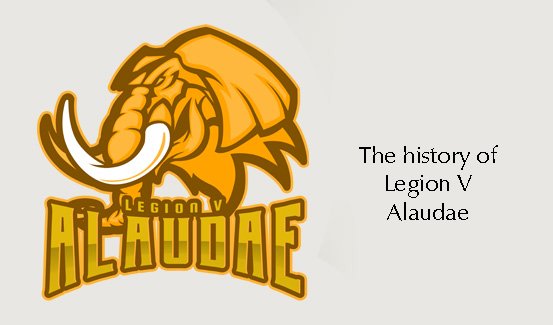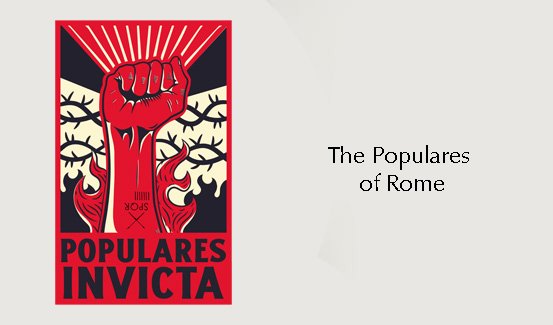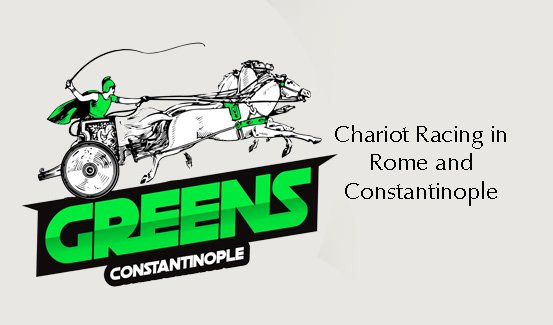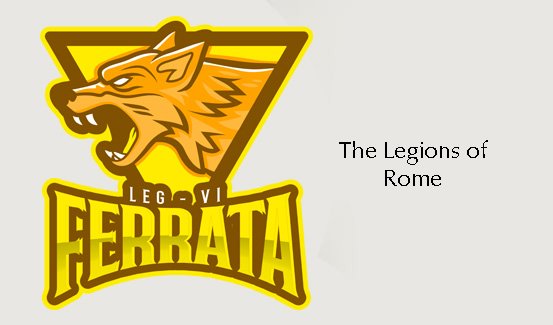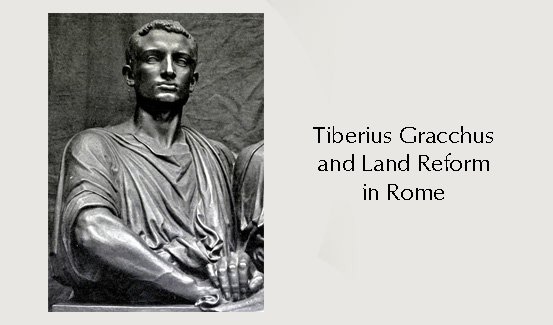The History of Legion V Alaudae Legio V Alaudae, also known as the “Lark Legion,” was a Roman legion that existed from the late Republic period through the early Roman Empire. Origins and Early History: Legio V Alaudae was originally raised by Julius Caesar in 52 BCE during his Gallic Wars. The name “Alaudae” means …
More-
The history of Legion V Alaudae
-
The Populares of Rome
The Populares of Rome The Populares were a political faction in the late Roman Republic (133-27 BC) that was made up of politicians who sought to champion the cause of the common people, or populus, against the interests of the wealthy elite, or optimates. The term “Populares” comes from the Latin word populus, which means …
More -
Chariot Racing in Rome and Constantinople
Chariot Racing in Rome and Constantinople Chariot racing was one of the most popular and exciting sports in ancient Rome, and it was enjoyed by people from all social classes. The races were held in large stadiums, known as circuses, and were the main form of entertainment for the Roman public. The chariot races were …
More -
The Legions of Rome
The Legions of Rome The Roman legions were first established during the Roman Republic, which lasted from 509 BCE to 27 BCE. It is believed that the first Roman legion, the Legio I, was established by the Roman king Servius Tullius in the 6th century BCE. However, the Roman Republic’s military system was not solely …
More -
Tiberius Gracchus and Land Reform in Rome
Tiberius Gracchus and his Reforms Tiberius Gracchus was a Roman politician who lived in the 2nd century BCE. He was born into a prominent and wealthy family, and he served as a military tribune in Spain before entering politics. Tiberius was elected to the office of tribune of the plebs in 133 BCE, and it …
More -
Frieze Gallery of the Trajanic Trophy
Welcome to our frieze gallery of the Trajanic Trophy. The Trajanic Trophy was originally erected in 109 AD following the Roman victory over the Dacians at the Battle of Adamclisi. The monument was surrounded by 54 frieze panels or ‘metopes’. These sculpted depictions show various images relating to the conquest including legionaries at war and …
More -
Trophies in Classical Greece and Rome
Trophies in Classical Greece and Rome Greek ‘tropaia’ / Latin ‘trophaea’ – from the Greek ‘trope’ meaning a turning point i.e. the rout of an enemy. Originally a Greek practice of marking the point on a battlefield where the defeat of an enemy took place. The Greek tradition of erecting an enemy suit of armour …
More -
What does Memento Mori mean?
What does Memento Mori mean? What does ‘Memento Mori’ mean? This is Latin phrase which translates as ‘remember that you (have to) die’ or sometimes just ‘remember death’. Memento Mori an important concept in Stoic Philosophy, a school of thought founded by Zeno of Citium in Athens in 301 BC and of prominence in the …
More -
Emperor Julian’s campaign against Persia
Emperor Julian’s campaign against Persia in 363 AD Julian achieved the rank of Augustus on the death, aged only 44 years old, of Constantius on 3rd November 361. He had been acclaimed by the soldiers as Emperor in Lutetia (Paris) in 360, an event which was leading to civil war with Constantius but was …
More
